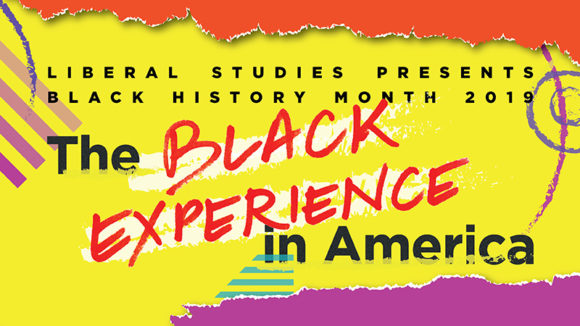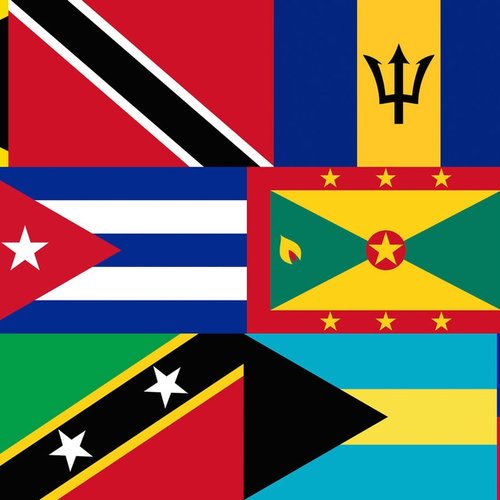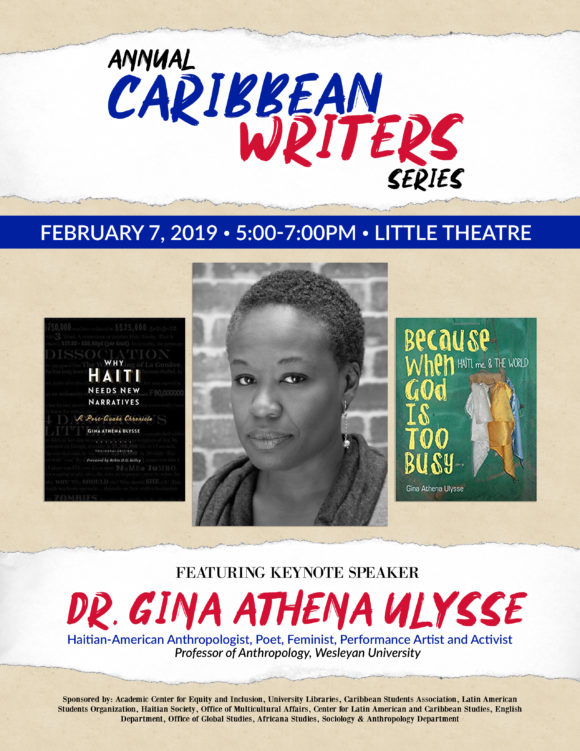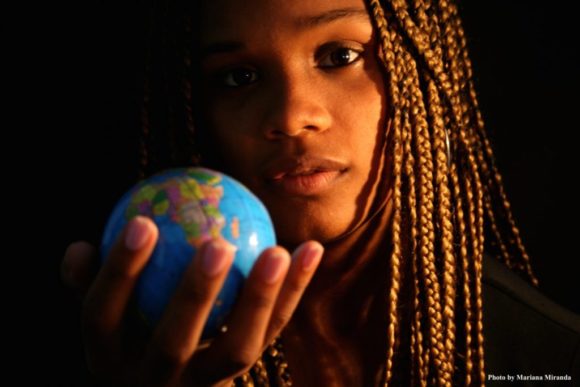Remembrance, Renaissance, Revolution:
The Meaning of Freedom in the African World Over Time and Space
5-9th November 2019
The College of William & Mary
Williamsburg, Virginia
*EXTENDED* CFP Deadline: 1 March 2019

The year 2019 marks the four hundredth anniversary of the origins of slavery in what became the United States with the arrival of approximately twenty Africans in modern-day Jamestown, Virginia in August 1619. Described in English records as “twenty and odd” Negroes, these captive Africans from West-Central Africa reflected the growing intensity of the Transatlantic Slave Trade, the world’s largest forced migration that connected Africa, Europe, the Americas, the Caribbean, and Asia. This global system of migration, enslavement, and oppression was critical to the making of the modern world. Throughout the Black world, unfortunately, the emancipation of enslaved people did not result in full freedom. Moreover, decades of European worldwide colonial domination, especially within the African continent, further obstructed people of African descent in the global political economy, with a continued impact in the present day.
Africa is the birthplace of humankind, and under a multiplicity of circumstances, African descendants have dispersed and migrated to every corner of the globe. These numerous African diasporas are marked variously by (in)voluntary movement, servitude, trade, military/imperial objectives, and cultural, academic, and professional ambition. This broader understanding provides new opportunities to fully appreciate the complex histories and creative cultures of today’s many African diasporas. Despite vast differences across and within contemporary African diasporas around the globe, there remain broad commonalities of marginalization, exclusion and relative material deprivation for African-descended people in their respective societies. The contemporary world has seen a resurgence of blatant racism, xenophobia, misogyny, homophobia, and other forms of intolerance directed towards the African-descended and other communities racially constructed as “others”. But despite past and present horrors, African-descended peoples across the globe have survived and thrived, remembering their pasts and re-envisioning their futures in ways that continue to lead to and strive for renaissance, freedom, and revolution in the contemporary world.
ASWAD invites panel and individual paper proposal submissions for its 10th biennial conference to be held in Williamsburg, VA (USA), November 5 to 9, 2019 on the campus of the College of William and Mary to discuss, examine, and reflect on the legacies of enslavement and the meaning(s) of freedom for people of African descent nationally and globally on the four hundredth anniversary of the origins of slavery in what became the United States. We also seek papers that interrogate the many other diasporas that began (and continue) in Africa, and continue to flourish in Europe, Asia, the Middle East, South and Central America, the Caribbean and the Pacific/Indian Ocean basins. We are particularly interested in panels and papers on the conference themes of remembrance, renaissance, and revolution in the many African diasporas across time and space. However, we encourage papers from any time period and topic related to the study of the African-descended. Continue reading *UPDATED* Association for the Study of the Worldwide African Diaspora 10th Biennial Conference










